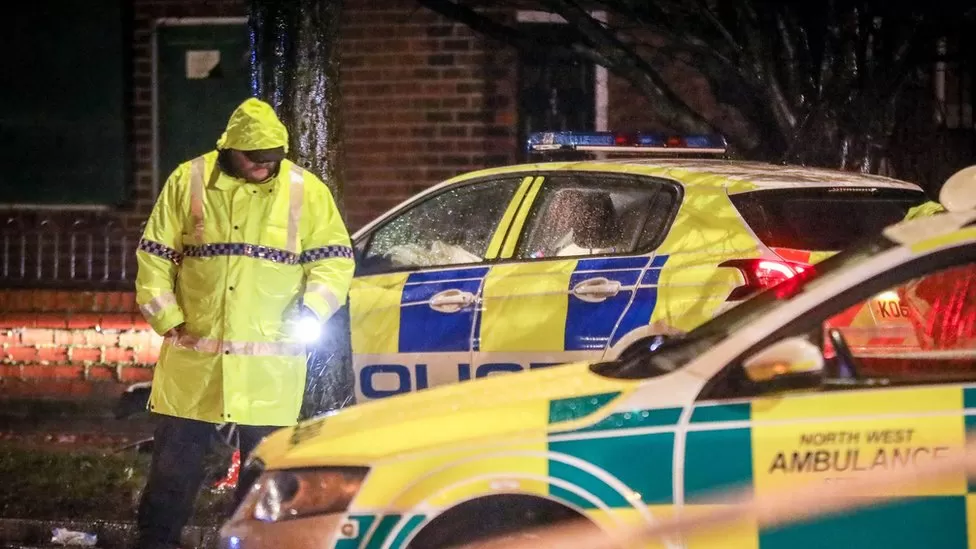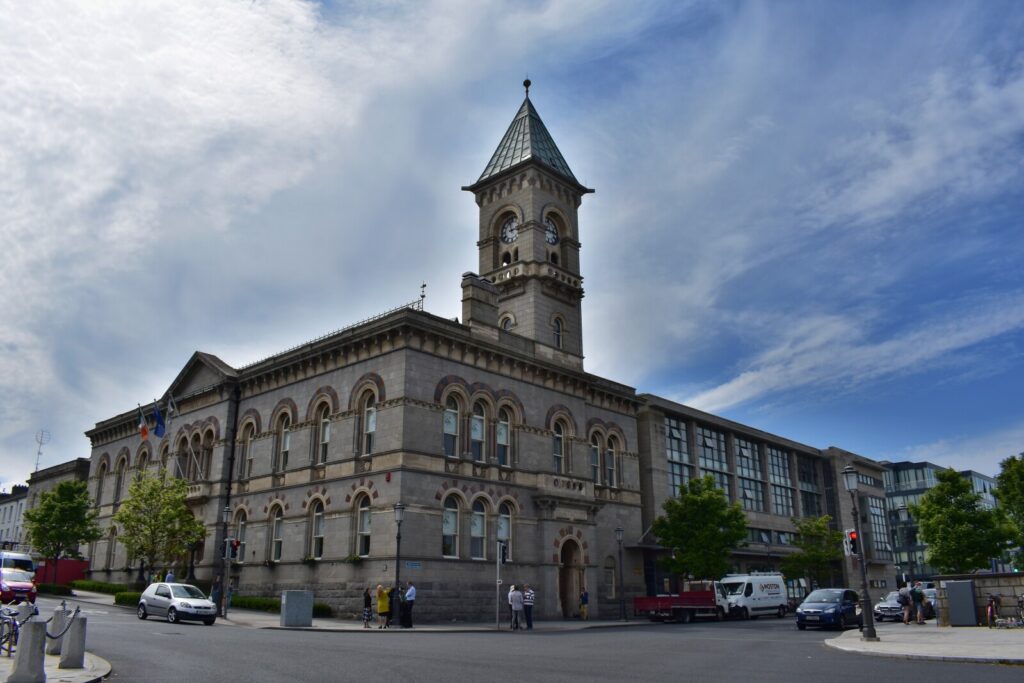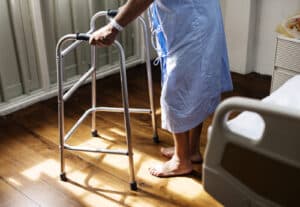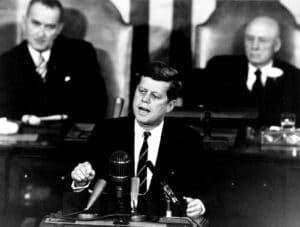UniteNipsaGMBCity centreBelfast education departmentHealth departmentNorthern Ireland Professors, nurses, ambulance and hospital personnel On Tuesday, tens of thousands of education and health workers in Northern Ireland are on strike over pay. Four teaching unions and four health and public service unions are participating in the strike, which is anticipated to disrupt schools and healthcare services nationwide.
This is the first strike by education workers in Northern Ireland in six years, and thousands of teachers, nurses, and hospital and ambulance personnel have taken to the streets in a show of solidarity. The four teaching unions – NASUWT, INTO, UTU, and NEU – are requesting a 12% salary increase, whereas Unison, Unite, Nipsa, and GMB are seeking fair wages and safe staffing levels for health service employees.
According to the Department of Education, guidance has been issued to assist principals in assessing and preparing for strike action, and the education budget is under significant strain. In the meantime, the Department of Health acknowledged the staff’s frustration but emphasised that there was no possibility of a resolution at the local level.
NASUWT General Secretary Dr. Patrick Roach stated prior to the strike that teachers had been left with no choice, stating, “Our members are not willing to stand by as their pay packets shrink and their living expenses rise. If the Department of Education and employers wish to see an end to this dispute, they must present a significantly improved pay offer.”
Edel McInerney, vice president of the NEU Northern Ireland, added, “They’ve offered us such a pitiful sum that it’s actually a pay cut, not a pay deal; we want fair pay.”
The Department of Education has claimed that negotiations are taking place at a time of unprecedented financial pressures within the education sector, while Unison UK General Secretary Christina McAnea has expressed concern over the morale of union members and the fact that some are leaving the NHS for better-paying jobs in supermarkets or warehouses.
Gerry Murphy from the INTO stated that teachers had been pushed into a corner, while Jacqui White from the UTU stated that the unprecedented action reflected the intensity of feeling. Nipsa’s Pádraig Mulholland added, “Inflation-beating pay raises for all health service workers are required, as is an end to the chronic understaffing that puts lives at risk.”
The Department of Health has acknowledged that the strike affects patient care, but it has also emphasised that it understands the staff’s frustration. With no Stormont, an executive, and additional funds in the education budget, it is difficult to envision this dispute being resolved in the near future without a substantial amount of additional funds for a revised pay agreement.
As there is no indication that Stormont will resume soon, Tuesday’s strike action may be the first of many as frustrated education and health workers continue to demand fair wages and adequate staffing levels.

















